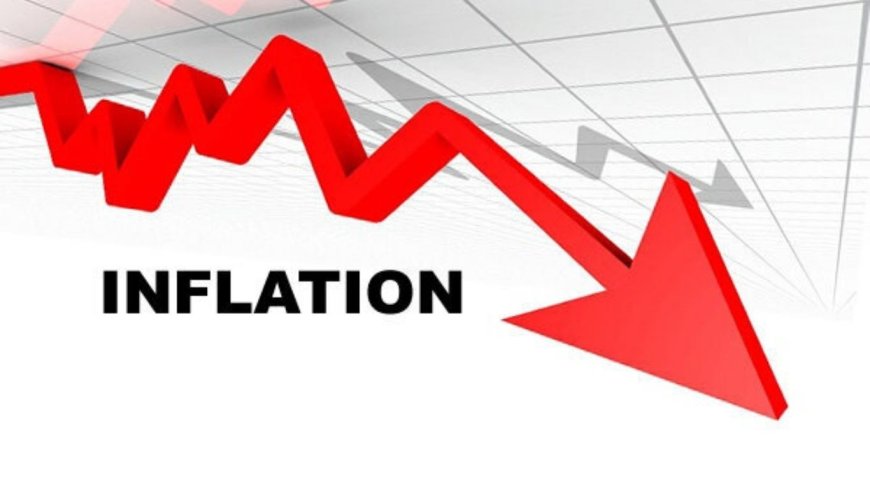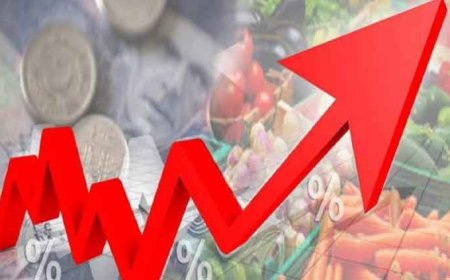Inflation drops to 35-month low of 8.48% in June
Food prices decline, but wage growth stays sluggish

Inflation Eases to 35-Month Low, But Economic Strain Persists
Inflation in Bangladesh dropped to its lowest point in nearly three years in June, providing some relief to consumers after an extended period of elevated prices.
According to data released Monday by the Bangladesh Bureau of Statistics (BBS), point-to-point inflation fell to 8.48% in June 2025, down from 9.05% in May. This marks the first time since March 2023 that inflation has dipped below the 9% threshold.
The last comparable rate was recorded in July 2022, when inflation stood at 7.48%. For 27 consecutive months, inflation had hovered above the government's comfort zone, peaking at 11.66% in July 2024.
Analysts attribute the recent drop to seasonal easing in food prices, favourable weather conditions, and modest improvements in supply chains.
Food inflation saw the most significant decrease, falling to 7.39% in June from 8.59% in May. In contrast, non-food inflation remained largely stable, easing marginally to 9.37% from 9.42%.
The moderation in food prices has been linked to bumper harvests, lower transportation costs, and a decline in import bills. Experts say the trend reflects seasonal factors, improved domestic crop yields, and partial price corrections in urban markets.
Despite the monthly decline, the broader picture remains concerning. Average annual inflation for the fiscal year (July 2024–June 2025) stood at 10.04%—far exceeding the government's target of 6.5%. This sustained high inflation has severely eroded household purchasing power, hitting low- and middle-income families the hardest.
Economists have warned against viewing June’s data as a sign of lasting recovery.
“June’s figures are encouraging, but the annual average inflation rate of 10.04% underscores the continued pressure on household finances,” said Dr Mustafa K Mujeri, executive director of the Institute for Inclusive Finance and Development (INM) and former Chief Economist at Bangladesh Bank. “This is no time for complacency.”
Meanwhile, wage growth remains sluggish. The national wage rate index rose to 8.18% in June 2025, up slightly from 7.95% a year earlier. However, wages continue to lag behind inflation, meaning that real incomes are still declining for most workers.
“The fact that wage growth is not keeping pace with inflation is deeply troubling,” Dr Mujeri added. “For low- and fixed-income groups, this translates into reduced consumption and growing economic insecurity.”
The 27-month stretch of elevated inflation from March 2023 to May 2025 stemmed from a mix of global and domestic factors—including commodity price shocks, supply chain disruptions, energy market volatility, and policy missteps.
While monetary tightening and a managed exchange rate have helped moderate inflation, economists argue that long-term relief requires stronger fiscal action—such as targeted subsidies, improved market regulation, and supply-side reforms.
GDP Growth Edges Up in Q3 of FY25
In a separate development, BBS data showed that Bangladesh's GDP grew by 4.86% in the third quarter of FY2024–25 at constant prices, up from 4.62% in the same quarter the previous year.
Provisional estimates also indicate GDP growth rates of 1.96% and 4.48% for the first and second quarters of FY25, compared to 5.87% and 4.47% during the corresponding periods in FY24.
What's Your Reaction?






















































































